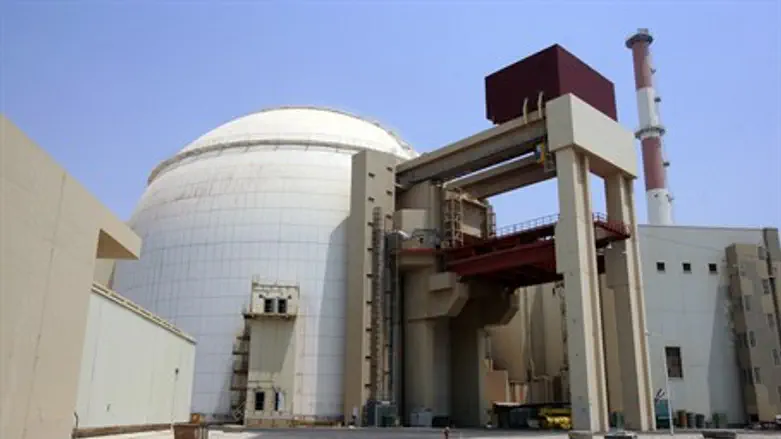
The UN's nuclear watchdog has officially closed its investigation into allegations that Iran has been secretly developing nuclear weapons, despite much evidence that Tehran was, at least until recently, doing precisely that.
The International Atomic Energy Agency (IAEA) says it is formally closing the investigation following the deal signed between Iran and world powers to limit its nuclear program. However, IAEA chief Yukiya Amano has admitted that the investigation is still incomplete.
The decision is a key step towards lifting sanctions currently imposed on the Islamic Republic.
In comments to the IAEA's 35-nation board, carried by Associated Press Tuesday, Amano said his agency was unable to "reconstruct all the details of activities conducted by Iran in the past," but that he remained convinced Iran had engaged in "a range of activities relevant" to constructing a nuclear weapons program.
He said that in his assessment, Iran had made "coordinated" efforts to build a nuclear weapons program until 2003, and for the following six years had engaged in "scattered activities" to that end.
America's chief delegate to the IAEA, Henry S. Ensher, said Amano's assessment was unsurprising, given "Iran's long history of concealment, denial, and deception."
He added that the investigation could recommence at any time, if Iran is suspected of breaching the agreement reached with world powers in July to curb some of its nuclear activities.
The nuclear deal - officially known as the Joint Comprehensive Plan of Action (JCPOA) - has been the subject of much controversy both before and after its signing on July 14.
Proponents - most notable the Obama Administration in Washington, which led the initiative - say it effectively cuts off any possibility of Iran developing nuclear weapons in the near future.
Critics, however - most notably Israel, US Republicans and Arab gulf states - note that Iran's prior record of cheating inspectors, along with the lenient enforcement mechanisms of the deal itself, mean Tehran could very easily cheat while still netting billions in sanctions relief.
Those fears have been heightened after a recent State Department letter revealed the deal was not in fact binding - and that Iran never actually signed it.
Moreover, even if the Iranian regime sticks to the deal, by President Obama's own admission it will still be able to recommence nuclear weapons activities in 10-15 years - again, after enjoying billions of dollars in sanctions relief, much of which will go towards its network of terrorist and sectarian proxies in the Middle East and beyond.
